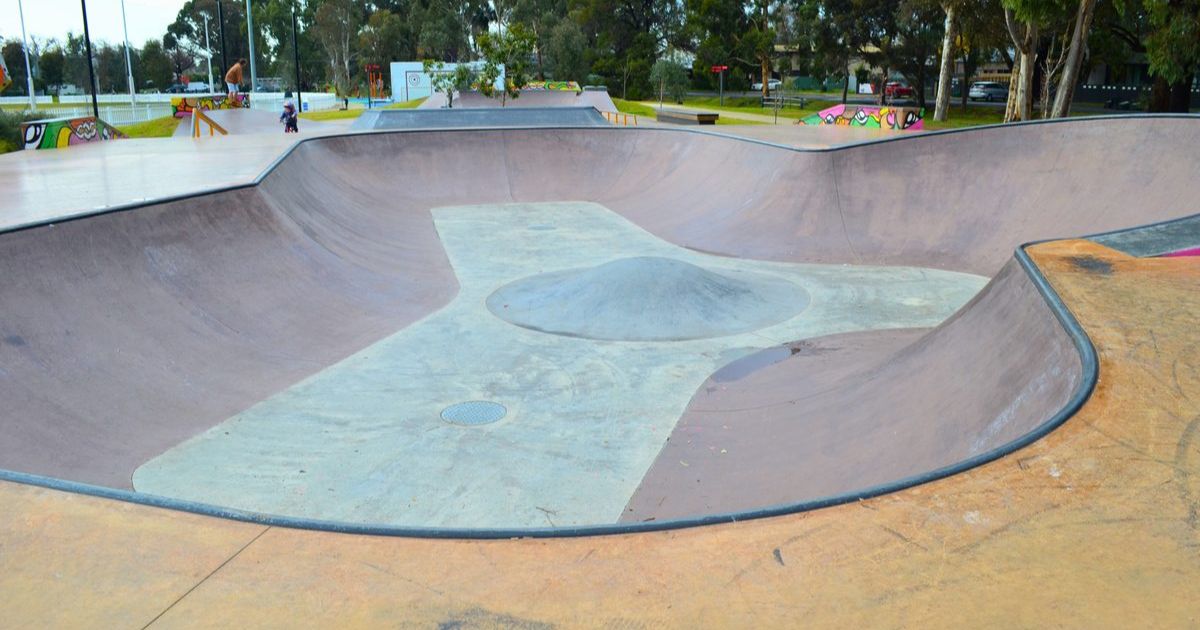Selling snake oil

Miracle cure: The McIvor Times regularly carried advertisements for patent medicines in the late nineteenth and early twentieth centuries. Image: FILE
DURING the late nineteenth and early twentieth century, the pages of the McIvor Times were filled with advertisements spruiking patent medicines and miracle cures.
From today’s perspective they often seem humorous and over the top.
But in an era where regular visits to the doctor were beyond the means of many, these products were sometimes the only easily accessible treatment option.
Some were ineffective but harmless, some provided a level of relief and some were downright dangerous.
Testimonials were an important part of building consumer trust.

In a January 1901 advertisement, a “Resident of Tooborac” apparently claimed, “Your Vegetable Liver Pills are indeed a family medicine.
“My daughter takes them and gives no other medicine to her children.
“I used to take some other pills and patent medicines but my health did not improve.
“I have used the Vegetable Liver Pills for the past 12 months and look at me now.”
These wonder pills were available from T Naylor, chemist and dentist, Heathcote, for sixpence a bottle.

But in its editorial content, the paper highlighted the gullibility of patent medicine purchasers.
In January 1906, under the heading That voice, they printed the following imaginary cautionary exchange.
“If anything, the quack doctor was more than usually eloquent,” the article said.
“‘Ladies and gentlemen,’ he cried, at the end of his telling oration, ‘I have visited this place regularly for the past ten years; I have sold thousands of bottles of this miraculous specific, and I have never received a complaint from a purchaser. Now what does this prove?’
“He paused for dramatic effect, and there was no doubt that his words had impressed his audience, till a man at the back of the crowd spoke: ‘Don’t prove nothing,’ he said. ‘Everyone knows dead men tell no tales.'”
Despite its light tone, the article hinted at a dark reality.
In August 1887 the McIvor Times carried a coroner’s report about the death of a baby, in Melbourne, from the “incautious use of patent medicine.”
Henry Allesio, aged six months, had been suffering from a cold when his mother Anne gave him the widely-available Winslow’s Soothing Syrup with disastrous results.

The attending doctor made a post mortem examination and gave the cause of death as “acute inflammation of the right lung.”
“The other organs were in a healthy state,” he reported. “Narcotic poisoning had also caused the child’s death.
“Children affected by inflammation of the lungs could not, with safety, be given opium, and traces of this drug were found.”
The government analytical chemist found the American-made syrup contained a mixture of sugar, essence of aniseed, opium and water.
“The Coroner said he had no doubt that a number of fretful children had been killed through their mothers ignorantly giving them this soothing syrup,” the McIvor Times reported.
“He hoped some action would be taken to prevent the importation of these dangerous drugs… a large teaspoonful of the syrup had been given through ignorance, causing the child’s death.”
Incidents such as this sparked the beginnings of far greater control over what medicines could be sold and how they could be advertised, however Winslow’s Soothing Syrup was still on offer in several countries, including Australia, until the late 1930s.
Today, the Therapeutic Goods Administration regulates all medicines and medical devices sold in Australia.

















